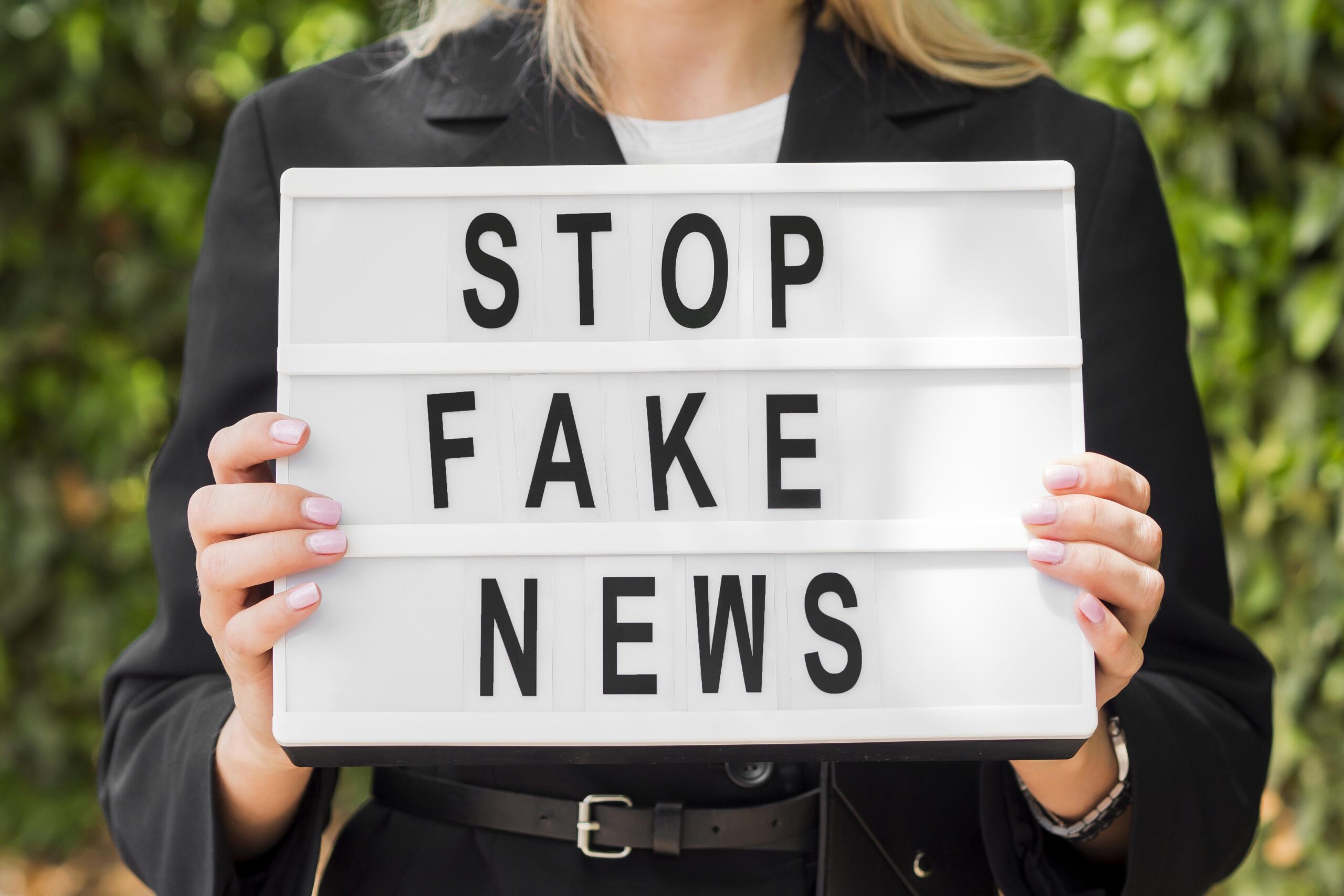Out of all risks, misinformation and disinformation were selected most frequently as the number one risk for India by experts, surpassing infectious diseases, illicit economic activity, inequality, and labor shortages.
A report by the World Economic Forum highlights false information as a major threat for people worldwide in this unprecedented election year. Problems for selected countries in the next two years, based on a ranking of 34 economic, environmental, geopolitical, societal, and technological risks.
India was ranked highest in terms of the risk of disinformation and misinformation. Experts consistently identified it as the country’s top threat. As the following chart reveals, other countries facing a high risk from misinformation and disinformation include El Salvador, Saudi Arabia, Pakistan, Romania, Ireland, Czechia, the United States, Sierra Leone, France, and Finland. The threat is ranked among the 4th to 6th most dangerous risks out of 34 for these nations in the upcoming two years. In the United Kingdom, misinformation/disinformation is perceived as the 11th most significant threat.
Misinformation and disinformation pose a significant threat to societies worldwide, with particularly severe implications for countries like India. The data clearly indicates the spread of false information as a critical risk perceived by experts across the globe. Addressing this challenge requires a multifaceted approach, including media literacy education, robust fact-checking mechanisms, and increased digital literacy among the population.
Fact-checking websites play a crucial role in combatting misinformation and keeping society informed with accurate information. These platforms empower citizens to critically evaluate information they encounter online and offline.

